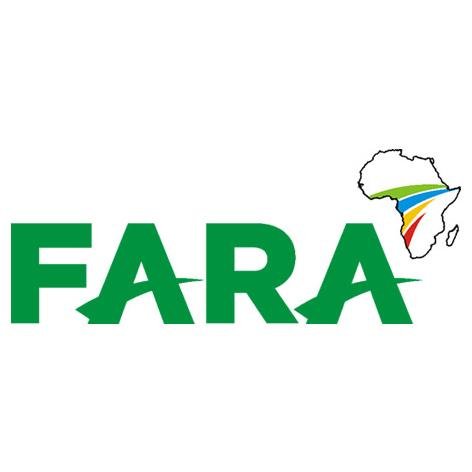The use of Social Network Analysis in Innovation Research: A literature review
The purpose of this paper is to review the innovation research literature which has made an explicit use of social network analysis methodology in order to provide empirical support to innovation theories or conceptual frameworks. The review introduces social network analysis then discusses why and how it has been used in innovation research so far. This paper argues that studies using social network analysis tend to focus too much
on change in the relationships between interacting units or nodes of the network to the detriment of change within units/nodes. Therefore, a combination of case study and social network analysis can offer a solution to that problem by providing the best of both methodologies.
Related Resources
Agricultural Innovation in the Volta River Basin : An Analysis of Changes in Knowledge , Skills and Livelihoods brought about by the Volta Basin Development Challenge
Within the agricultural development sector, innovation has been identified as a primary pathway to achieve economic, social and environmental goals. Innovation is traditionally defined as a linear and relatively homogenous process involving the invention of a “new” technology that is...
Innovation in Seed Potato Systems in Eastern Africa
The potato (Solanum tuberosum L.) has a high potential to raise smallholder income and improve food security in Eastern Africa. Improving the quality of seed potatoes can contribute to increasing its productivity. Few seed potatoes are currently sourced from specialized...

The State of Food and Agriculture 2014: Innovation in Family Farming
The State of Food and Agriculture 2014: Innovation in family farming analyses family farms and the role of innovation in ensuring global food security, poverty reduction and environmental sustainability. It argues that family farms must be supported to innovate in...
The institutional structure of rural extension and public-private relations in Latin America
This policy brief summarizes the following points:
- Given the importance of agriculture and the rural medium for countries’ growth and development, policy makers must strengthen the institutional structure of rural extension and increase public and private investment.
- Abundant natural resources, ...

Maximizing Impact from Agricultural Research: Potential of the IAR4D Concept
Review of the IAR4D methodological framework and pathways to impact on the basis of FARA's experiences. It also includes conclusions in terms of policy recommendations.


